I had the table below which I need to create a Category column will store the boolean values as a category.
I would like to capture the Categories as a single column and I don't mind having duplicate rows in the view. I would like the first row to return Contract and the second the other value selected, for the same Reference ID.
I achieved his using the query below:
select distinct t.*, tt.category
from t cross apply
( values ('Contracts', t.Contracts),
('Tender', t.Tender),
('Waiver', t.Waiver),
('Quotation', t.Quotation)
) tt(category, flag)
where flag = 1;
How can I capture an additional Category None where all instances of Contract, Tender, Waiver and Quotation are 0?


